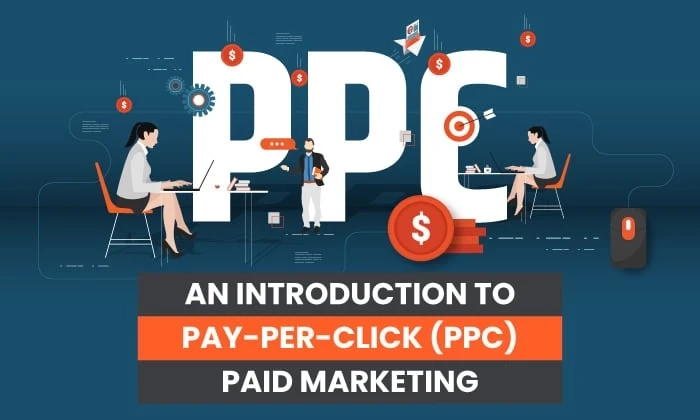The Ultimate Guide to PPC Marketing (Pay-Per-Click)
PPC marketing is an online advertising model in which advertisers pay publishers (usually website owners or operators) when their ad is clicked. The advertiser only pays when someone clicks on their ad, hence the name “pay-per-click.” Pay Per Click marketing is a form of paid digital marketing where advertisers can bid to have their ads placed on websites and other digital platforms. The goal of PPC is to drive traffic to a company’s website or landing page and generate leads or sales.



